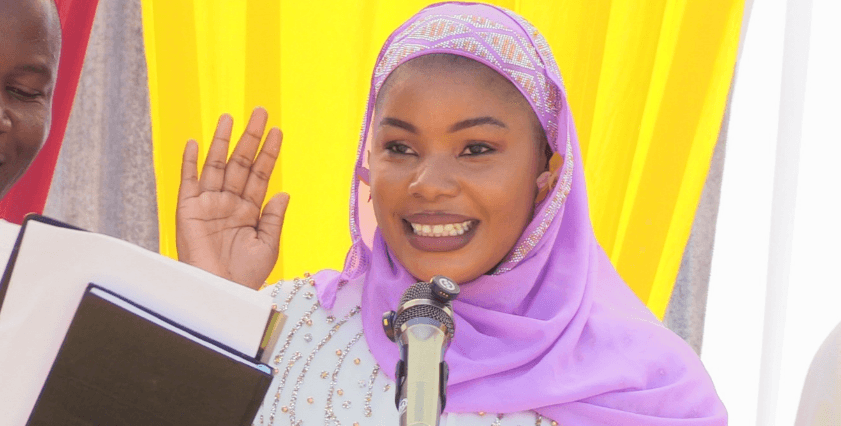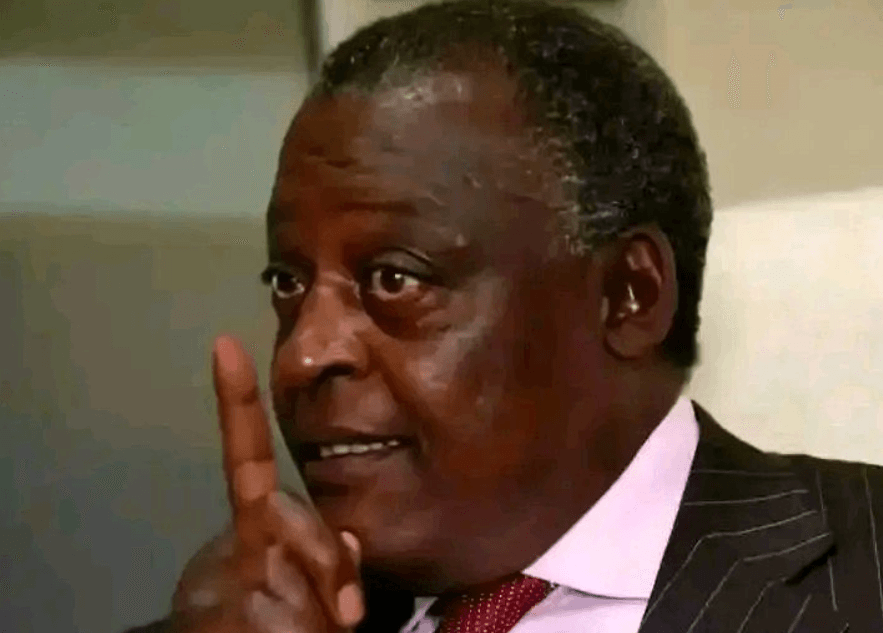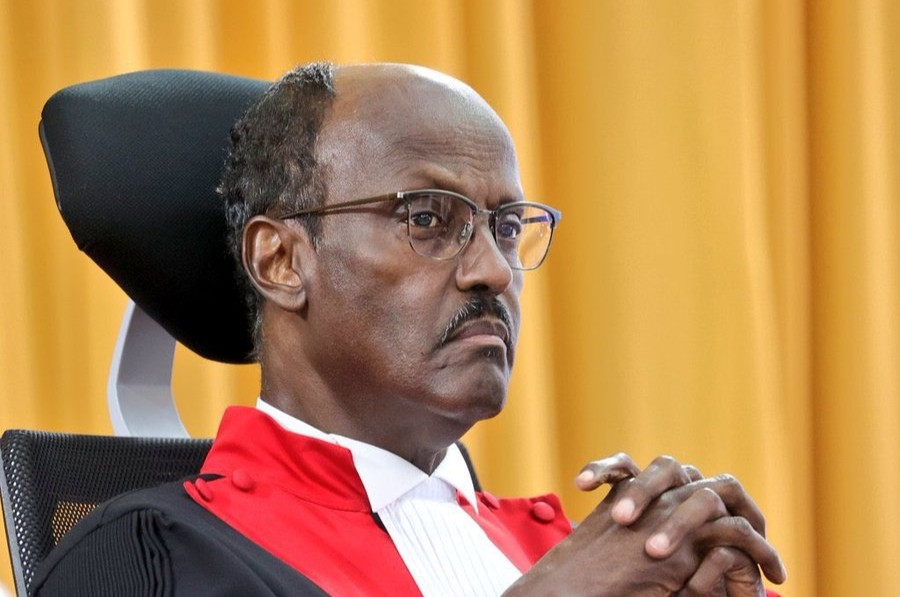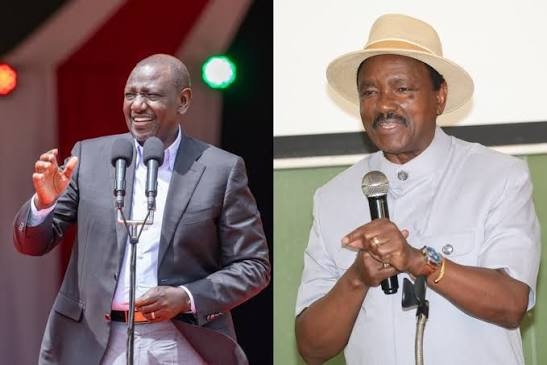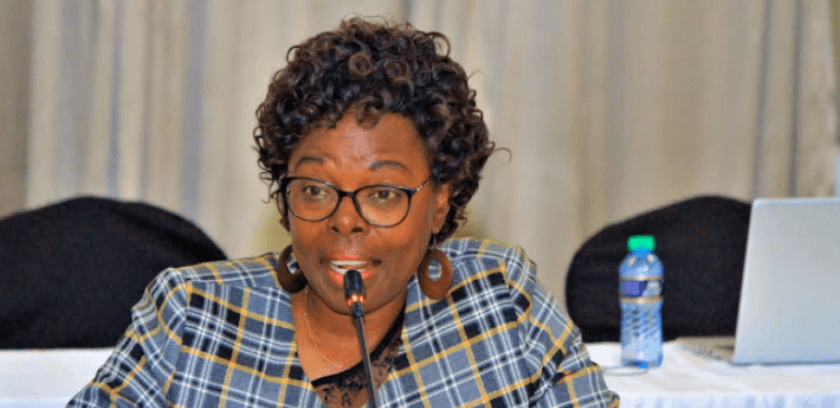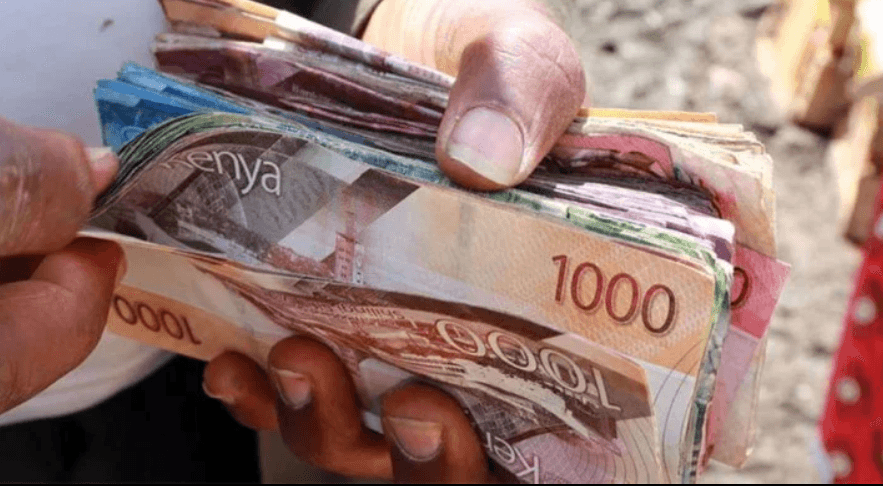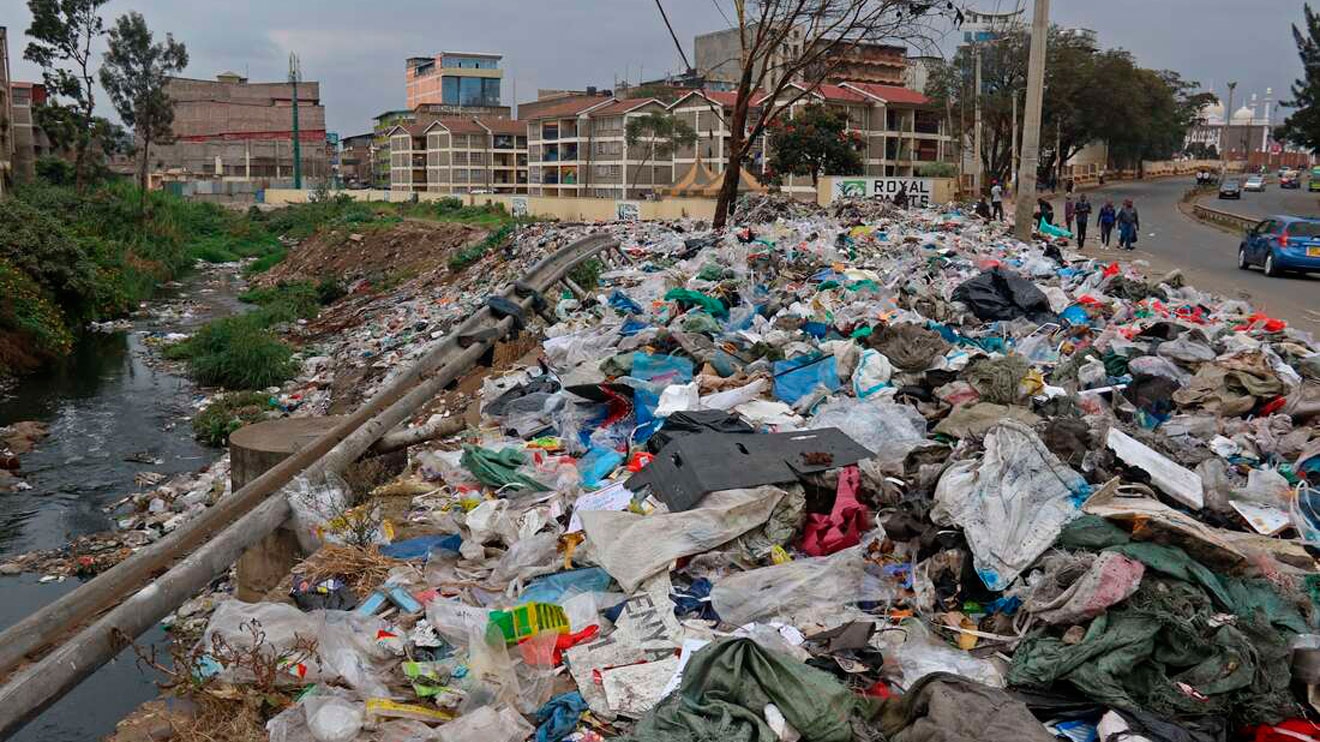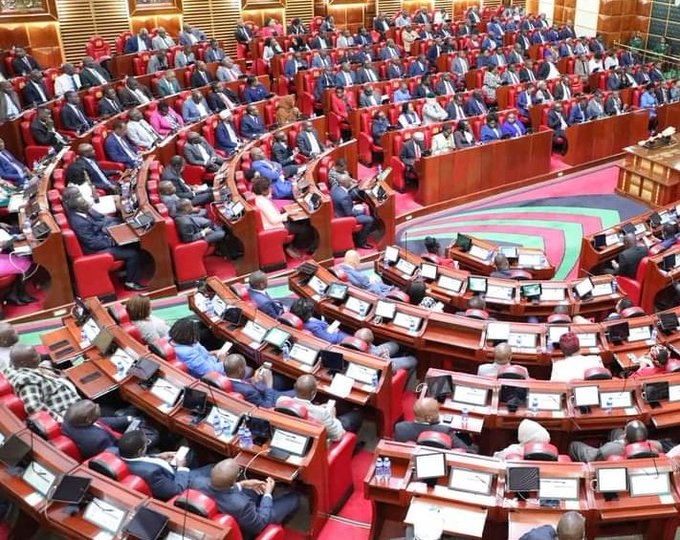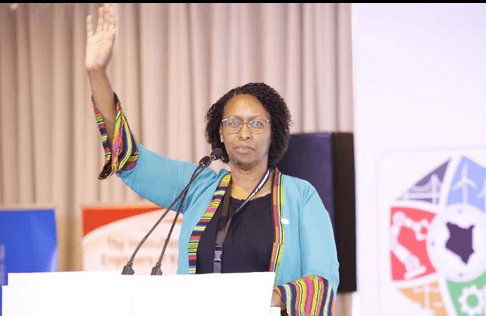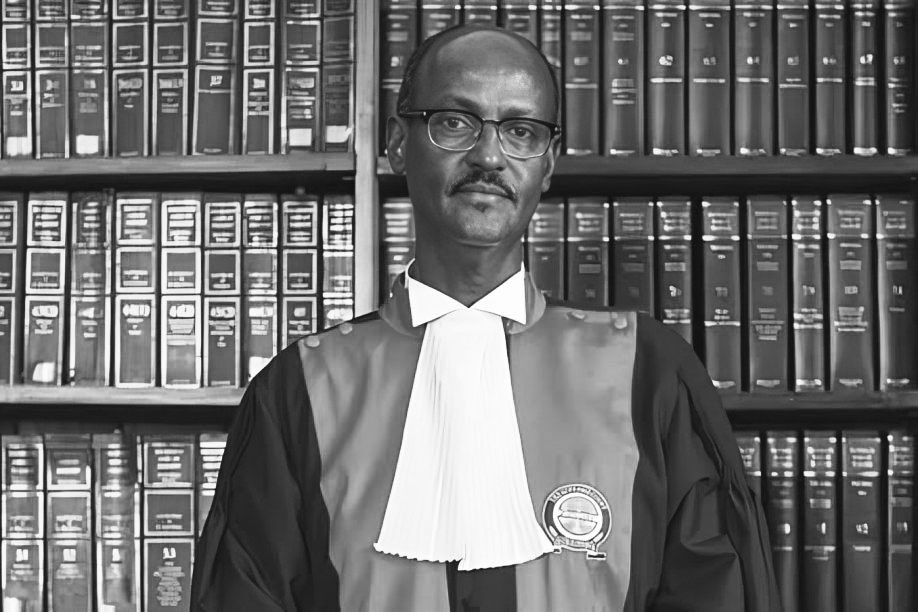@ppcheti
Somali immigrants in Lamu villages have appealed to the national government to issue them with identity cards, birth certificates and land titles.
For decades, the immigrants—who mostly occupy the border villages of Kiunga, Ishakani, Madina, Mararani and Ras Kamboni—have been treated as ambiguous citizens as most of them came from Somalia and settled in Lamu.
At least 3,000 residents from the Somali, Gosha and Bajuni communities have no ID cards and have missed out on opportunities of a lifetime.
Lamu county commissioner Irungu Macharia said the government plans to issue only alien IDs to immigrants who have been living in Kiunga and neighbouring areas. He said no matter how long refugees live in the country, they can never be recognised as Kenyans.
“We cannot issue them with ID cards. The government has, however, agreed to renew their registration cards by June this year. We are also in the process of registering the migrants who have attained 18 years so that they are also issued with alien identification cards,” Macharia said.
But speaking in Kiunga town on Tuesday, the immigrants appealed to the national government to issue them with IDs and other relevant documents to enable them to access crucial services like the rest of Kenyans.
They said despite having lived in Lamu for over 30 years, they have nothing to be proud of as successive administrations continue to marginalise them and ignore their need for identity and belonging.
“It has been a nightmare getting these documents. Our children don’t have birth certificates because for you to get one, you must produce the parents' ID cards, which are unavailable. The government shouldn’t treat us like second-class citizens," said Firdaus Sharif of Kiunga.
Many of the immigrants have since intermarried with local communities and have even purchased land and set up businesses.
Kiunga elder Mohamed Bini said even after purchasing land, they can’t process title deeds as ID cards are required.
They now live in constant fear of their land being grabbed, a common occurrence in Lamu as they have no official documentation to protect the parcels.
“We live like squatters. Basically, we have no nationality. We are no longer in Somalia, so it’s only prudent that Kenya acknowledges our presence and issues us with the relevant documentation," Bini said.
Yusuf Alqadira missed out on a chance to join the Kenya Defence Forces this year simply because he had no ID card.
“I tried explaining myself but they could hear none of it. They said I would have been a good candidate had I had an ID,” he said.
Hussein Athman, a father of seven children aged between 19 and 37, said none of his children has a birth certificate or ID card and efforts to get the documents over the years have been unsuccessful.
“I gave up and now my children live without those documents and it's hard. Two of my sons have been arrested as terror suspects just because they couldn’t produce their ID cards when prompted. Even the security agencies now look at us suspiciously not knowing that it’s not our fault," Athman said.
Elders in these areas have called upon the government to conduct vetting for approval and issue them with IDs and other documents.




